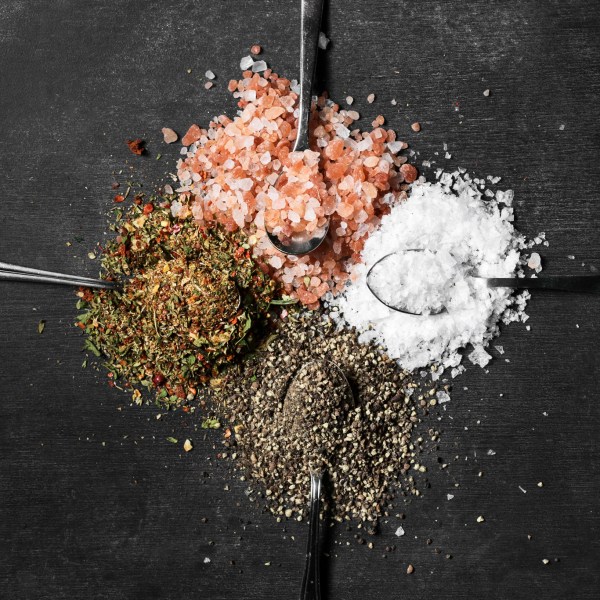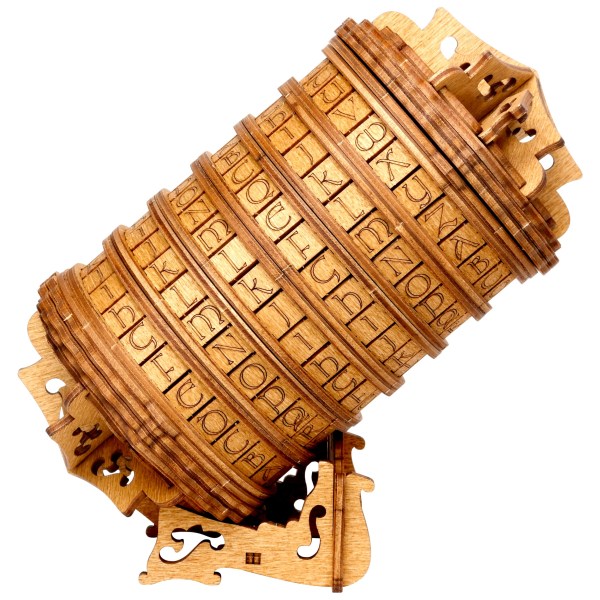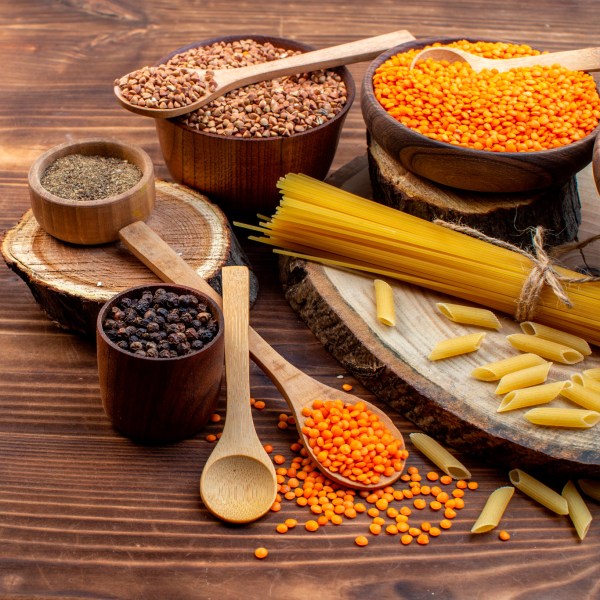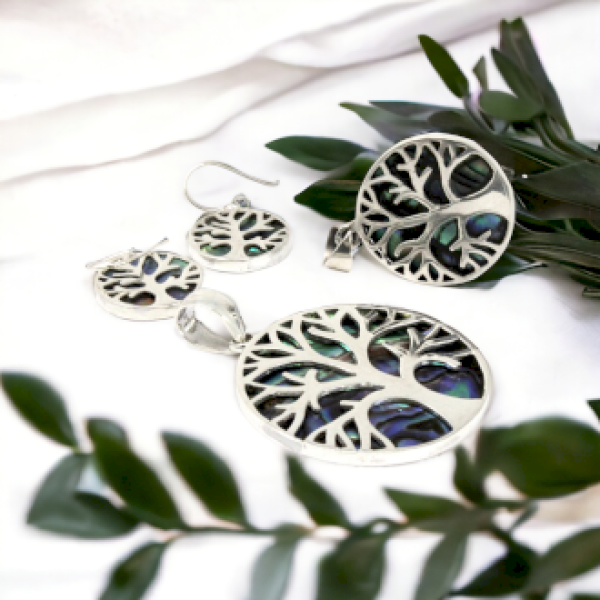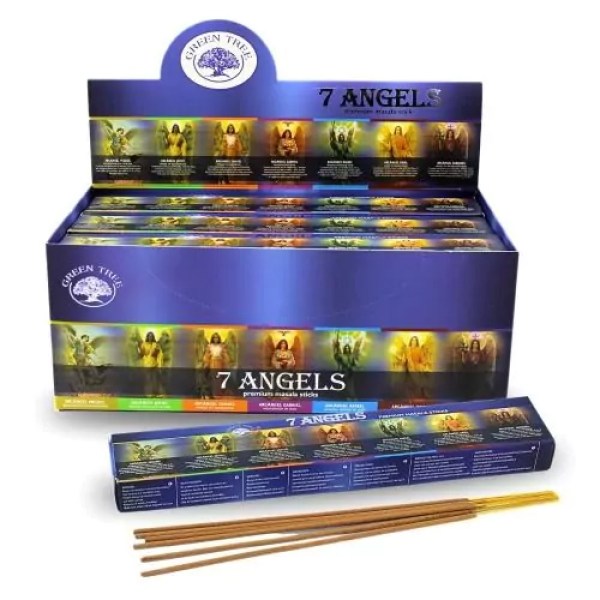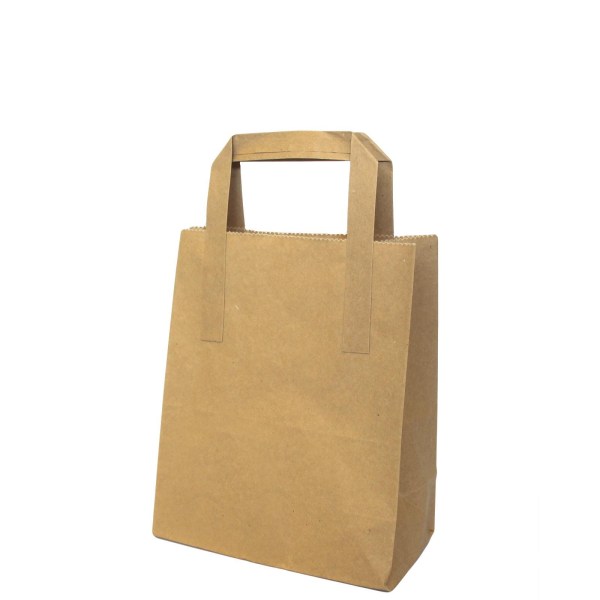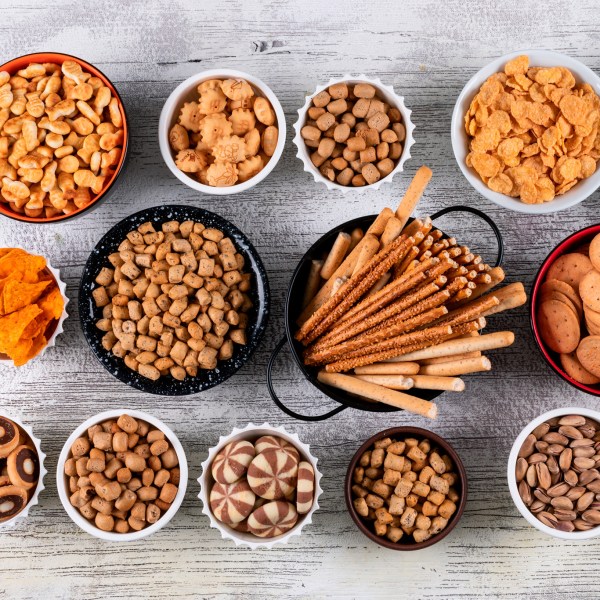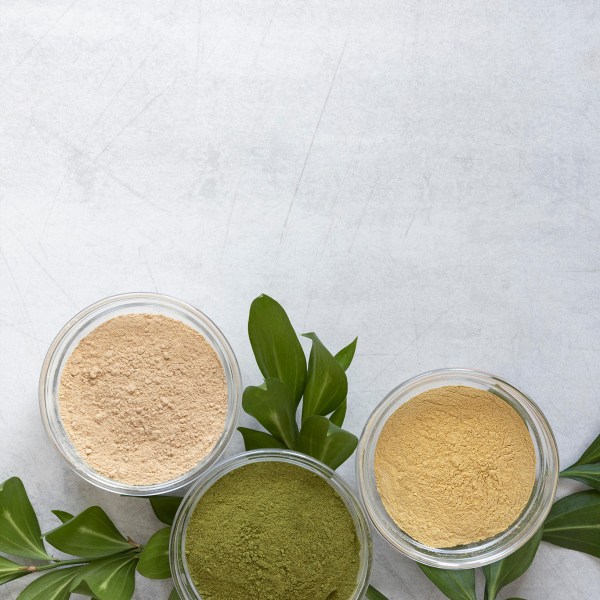Seeds
Seeds
Seeds are small building blocks of nutrition, packed with vitamins, minerals, healthy fats, and proteins. Whether you want to boost your energy, improve digestion, or simply diversify your diet, seeds offer a versatile and simple way to take another step toward a healthy lifestyle.
Why Are Seeds So Nutritious?
Seeds are the embryonic plants from which new life grows and contain all the essential nutrients needed for the plant's development. This makes them one of the most concentrated sources of nutrients available in nature. Here are some reasons why seeds are so beneficial:
Rich in Healthy Fats
Seeds are an excellent source of unsaturated fats, particularly omega-3 and omega-6 fatty acids, which are vital for heart health, brain function, and reducing inflammation in the body.
High in Protein
Many seeds contain significant amounts of plant-based protein, making them excellent additions to vegetarian and vegan diets. Protein is essential for muscle repair, immune system function, and overall cellular health.
Full of Fiber
Seeds are a great source of dietary fiber, which helps regulate digestion, maintain a healthy weight, and reduce the risk of chronic diseases such as heart disease and type 2 diabetes.
Excellent Antioxidant Source
Seeds help protect the body from oxidative stress and damage caused by free radicals, reducing the risk of chronic diseases.
High Vitamin and Mineral Content
Seeds are a concentrated source of essential vitamins and minerals, including magnesium, zinc, iron, and B vitamins, all crucial for maintaining health.
Popular Types of Seeds and Their Benefits
There are many types of seeds, each offering unique nutritional benefits and culinary uses.
Chia Seeds
Chia seeds are small black or white seeds that swell and form a gel-like texture when soaked in liquid. They are rich in omega-3 fatty acids, fiber, and protein. Chia seeds also contain antioxidants and calcium, making them a great choice for maintaining healthy bones.
Flaxseeds
Flaxseeds are one of the best plant sources of omega-3 fatty acids, especially alpha-linolenic acid (ALA). They are also high in lignans, which have antioxidant properties, and soluble fiber, which supports heart health.
Pumpkin Seeds
Pumpkin seeds are green, flat seeds with high levels of magnesium, zinc, and iron. They also contain tryptophan, an amino acid that promotes relaxation and better sleep.
Sunflower Seeds
Sunflower seeds are a popular snack and are rich in vitamin E, a powerful antioxidant that helps protect cells from damage. They also contain selenium, which supports thyroid function, and magnesium, essential for proper muscle function.
Sesame Seeds
Sesame seeds are small, oil-rich seeds that are excellent sources of calcium, iron, and zinc. They also contain compounds that have been shown to reduce cholesterol levels and protect the liver.
Hemp Seeds
Hemp seeds come from the hemp plant and are rich in high-quality protein, containing all nine essential amino acids. They are also a great source of omega-3 and omega-6 fatty acids, contributing to heart health.
Seeds are small but packed with nutrients, offering numerous health benefits. By incorporating a variety of seeds into your daily routine, you can increase your intake of essential nutrients, support overall health, and enjoy the delicious flavors and textures they add to your meals.






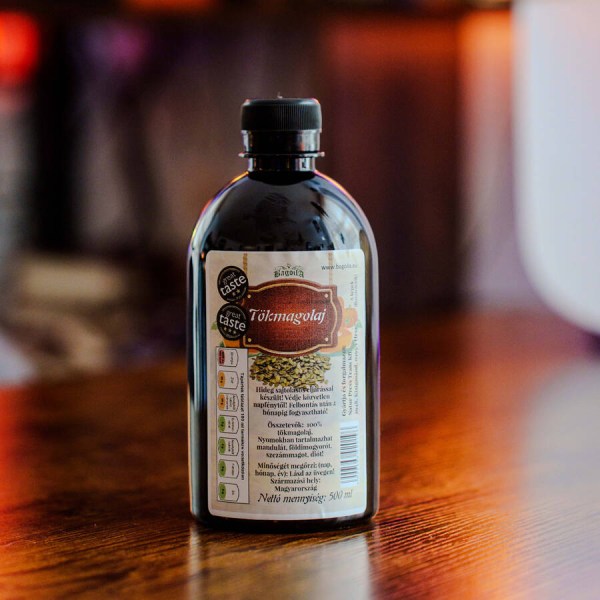
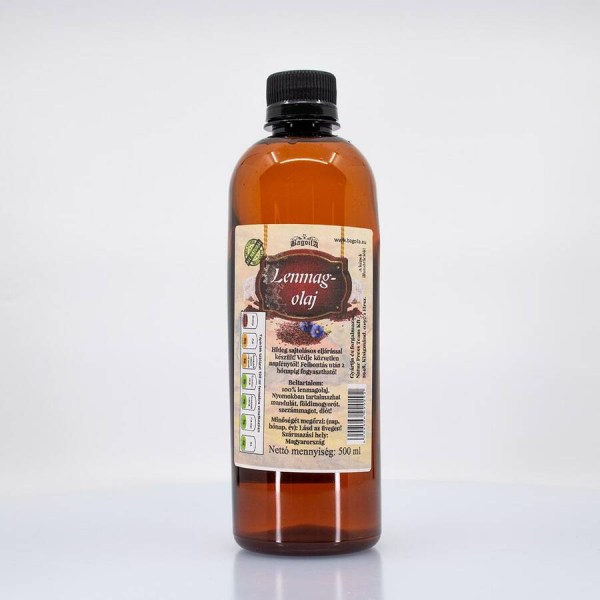
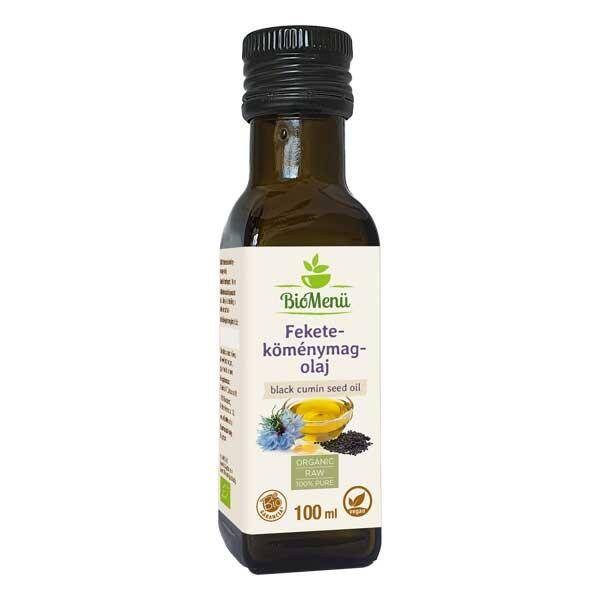
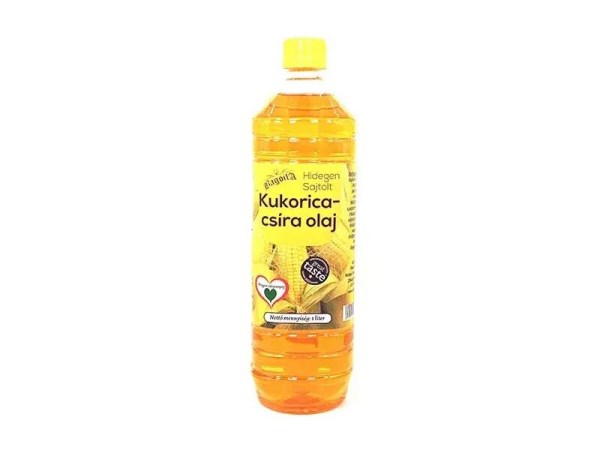






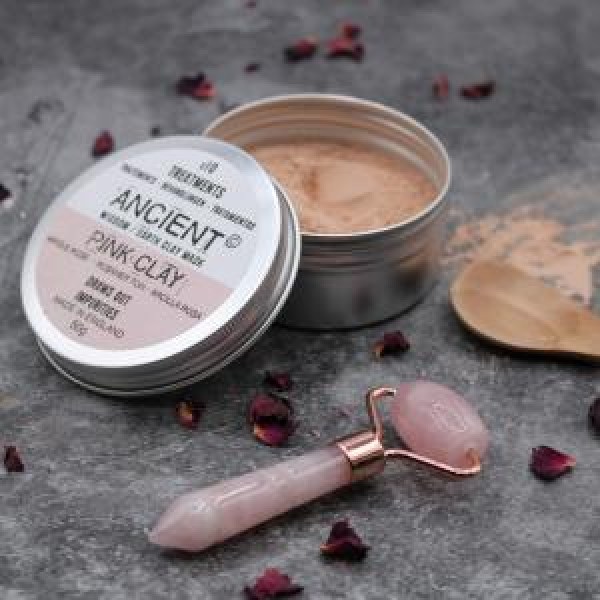
_600x600.jpg)
